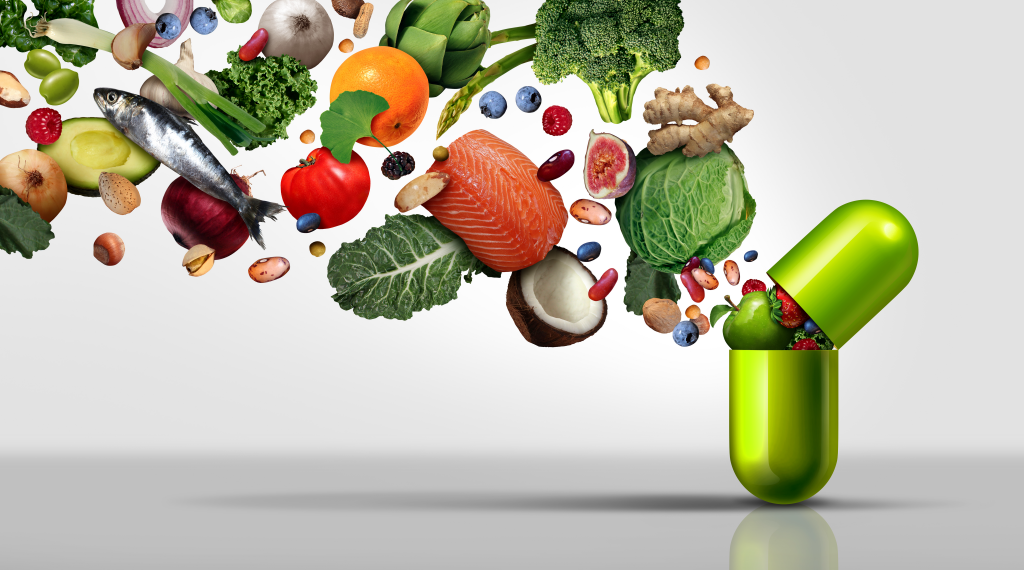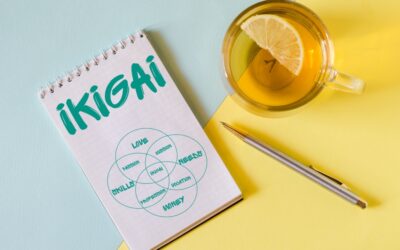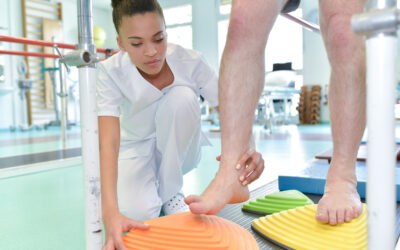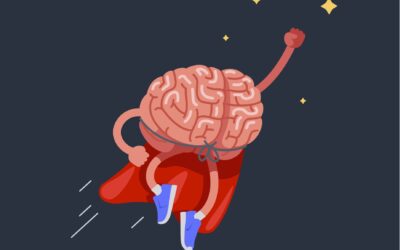Brain Health and Recovery: Food IS Medicine
Food can be an excellent tool to enhance brain health and recovery. However, if you thought the brain was a complicated system to understand, the data on nutrition is far more complicated. So, spoiler, there is no “perfect diet” to optimize brain healing after a neurologic injury. However, food is arguably the most powerful “therapeutic”.
How you ask?
Well, the journey of that bundles of molecules (food) from mouth to a single cell is long. And not all molecules that enter the journey are created equal. Some have noble intent (provide cellular energy, support cell structure and function). On the other hand, others are hell bent on wreaking havoc.
Knowing the difference is a critical component to empower you to make the best food choices to get the greatest therapeutic impact. That said, in this article you will learn how food is broken down and taken up into the cells (digestion). This mechanism is the foundation for understanding why our food choices matter when it comes to brain health and recovery.
Your digestive system and how it works
If you have been following me for a while, you know I love to provide a good story to help deepen understanding of critical concepts for neurologic rehabilitation. In this case, the story starts with that first bite of goodness that will eventually be used to impact the functioning of the little cells that make up the body. Often referred to as digestion.
Digestion is the process by which the body breaks down food into smaller molecules to be used by the body to sustain life. It is a complex process that involves the coordination of many different organs and enzymes in the body.
The process of digestion begins in the mouth, where food is chewed and mixed with saliva, which contains enzymes that begin to break down carbohydrates.
From the mouth, food travels down the esophagus and into the stomach, where it is mixed with stomach acid and digestive enzymes that break down proteins. The stomach also churns the food, breaking it down into smaller pieces.
After leaving the stomach, food enters the small intestine, where it is further broken down by enzymes from the pancreas and bile from the liver. Nutrients from the food are absorbed into the bloodstream through the walls of the small intestine.
The remaining waste products then move into the large intestine, where water is absorbed and the waste is formed into feces. The feces are then eliminated from the body through the rectum and anus.
Food IS Medicine
In summary, food is to be enjoyed. However, food is ALSO about function. Those broken down molecules are critical to cell survival, growth, AND repair. Food IS the most critical component to brain health and recovery after injury. In other words, food IS arguably the most valuable “medicine”. So the next time that piece of chocolate cake calls our name, I hope that you and I can choose wisely.
Articles you may be interested in:
Stroke Arm Rehab Daily Exercise Routine
A stroke or damage to the neurons in the brain can cause the inability to move the arm. It can also cause stiff and tight arm muscles. A stroke arm rehab routine should incorporate the principles of neuroplasticity (the ability of the brain to rewire when presented...
What is your Ikigai?
Not everyone wants to live a long life. But what about a happy and healthy life? If this is you, sit down and pull up a chair. Ikigai might be the answer.
Implications of Sleep and Neurological Rehabilitation
https://youtu.be/FWIX8Ht6bm4 Good quality sleep can dramatically improve neurologic rehabilitation outcomes. Getting adequate sleep might also decrease the rate of disease progression in some neurodegenerative diseases (multiple sclerosis, Parkinson's disease, or...
Stroke Rehabilitation: Overcoming Mental Barriers
Dealing with the aftermatch of a stroke can lead to a whirlwind of emotions including confusion, hopelessness, disappointment, and even despair. If you are in the process of recovery, these emotions are completely normal. Here I break down some of the most common...
Arm Exercises For Stroke Patients (Early Stage)
Arm exercises after a stroke are critical and should be performed daily. Here are the best exercises and why you should be doing these every day. Who will benefit from early-stage stroke arm exercises? The early stage of recovery is considered the first 6 months after...
Not what you get, but what you become
"What you get by achieving your goals is not as important as what you become by achieving your goals." -Zig Ziglar I often get messages from people who are feeling discouraged. "Progress isn't fast enough". "The process is too challenging". Oh, and by the way, "this...
The Gift of Language
“I will never do (X) ” “I Can’t” “I am always going to be this way” “I will be this way forever” “This is impossible” If you have been following me for a while, you know that I discourage this type of language. It is self-limiting at best, and self-destructing at...
Balance Exercises For Stroke Patients
Balance exercises for stroke patients are critical for improving walking confidence and returning to normal life What is Balance? Balance is the ability to maintain the center of mass (the body) within the base of support (the feet). Balance is also the ability of the...
Best Exercise Equipment for Multiple Sclerosis
If you have multiple sclerosis, home exercise equipment is critical for maintaining mobility. Neuroplasticity is the brain's ability to re-organize dependent upon exposure to new or novel experiences. After an acute exacerbation, neuroplasticity requires thousands of...
Best Brain Exercises For Stroke Recovery
Best Brain Exercises For Stroke Recovery A stroke can cause long-term damage to the brain, impair movement, and significantly diminish cognitive abilities. Mobility and strength training to retrain the muscles after a stroke is a huge part of the stroke recovery...










